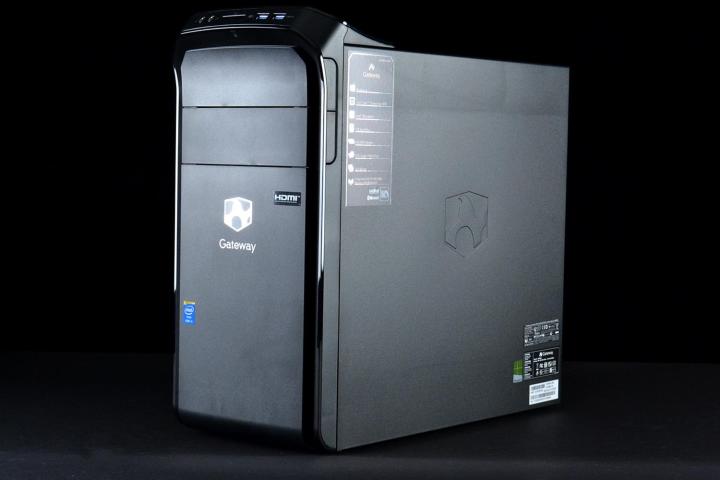
These days, it seems as if there are three certainties in life: death, taxes and annual decreases in PC shipments.
According to research firm IDC, PC shipments will fall by 10.1 percent this year, which is lower than their initial projection of 9.7 percent. 2014 doesn’t figure to be a resurgent year for the PC either, with shipments expected to fall by another 3.8 percent, though IDC expects shipments to remain above the 300 million mark annually, which they say is “barely ahead” of 2008 figures.
What’s driving the fall of the PC’s popularity? After consumers spent big bucks to replace their systems year after year, they’ve seemed to wise up and reform their tech spending patterns, instead adopting an “if it ain’t broke, don’t fit it” approach. There’s more though. Here’s what Jay Chou, Senior Research Analyst, Worldwide Quarterly PC Trackers at IDC had to say about this trend.
“Perhaps the chief concern for future PC demand is a lack of reasons to replace an older system. While IDC research finds that the PC still remains the primary computing device – for example, PCs are used more hours per day than tablets or phones – PC usage is nonetheless declining each year as more devices become available. And despite industry efforts, PC usage has not moved significantly beyond consumption and productivity tasks to differentiate PCs from other devices. As a result, PC lifespans continue to increase, thereby limiting market growth.”
If the PC can’t find a way to set itself apart from tablets and smartphones that can essentially perform the same consumption tasks that PCs can, it’ll be difficult for PCs to experience any amount of significant growth down the line. The productivity experience reigns supreme on PCs, but it’s likely only a matter of time before tablets begin shipping with ultra-awesome, razor-thin keyboards that provide solid typing experiences that can rival what’s offered on the PC, though that might not happen for a few years.
Though the PC may be in a free fall in terms of global annual shipments, at the end of the day, productivity, app development and content creation are primarily done on the PC. Though these aren’t exactly mass markets, these facts will ensure that the PC will at least have its place in the world for years to come.

